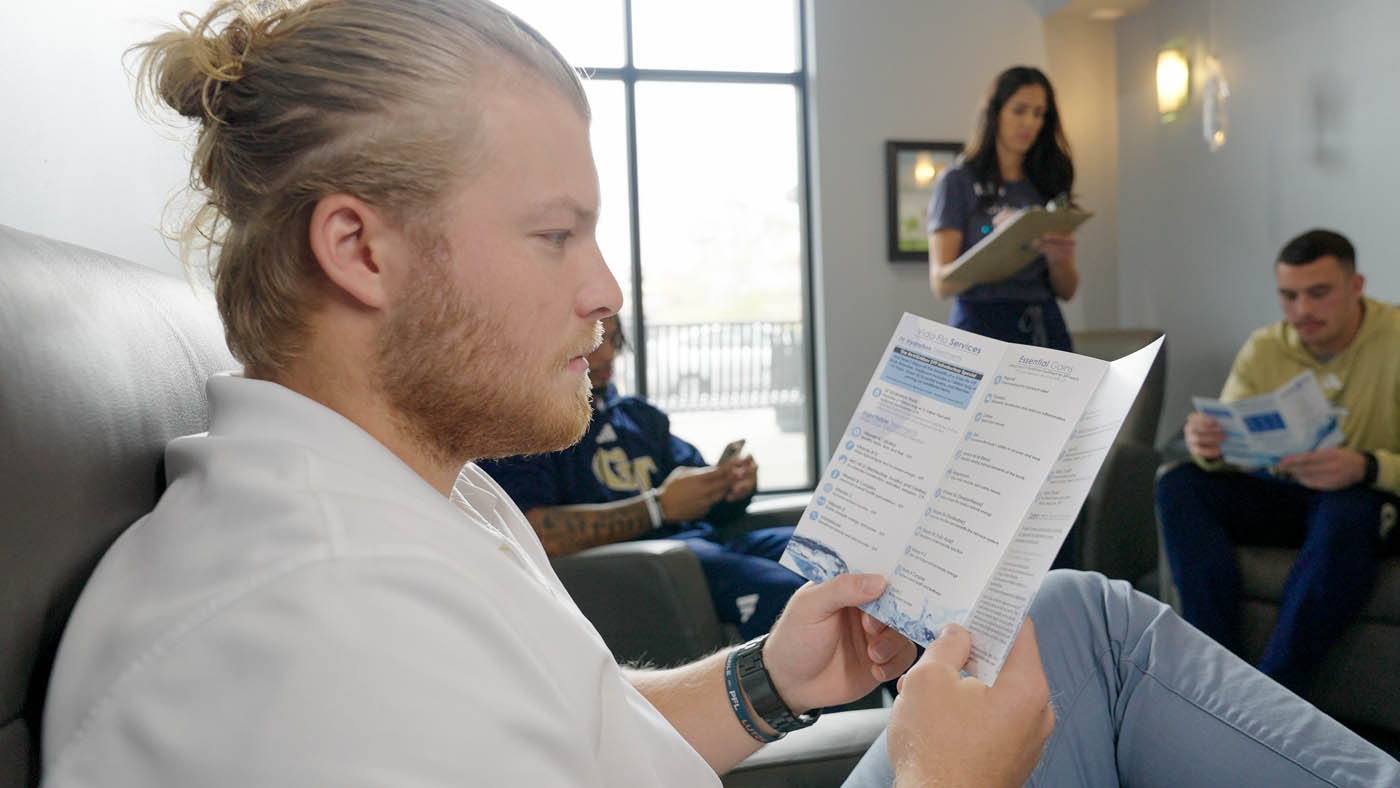What is Vitamin C? according to experts, Vitamin C is one of the most effective and safest nutrients
$59
Only $29 for Members
Vitamin C
Immune system booster
Vitamin C Injectables
It may not cure a common cold. However, it helps protect the body from eye disease, skin wrinkling, heart disease, immune system deficiencies, and prenatal health problems. Further, this vitamin has a 2000-mg tolerable upper limit intake for adults. Learn more about the benefits of Vitamin C Injectable.
Vitamin C, or ascorbic acid, helps the body grow, develop, and repair all damaged bodily tissue. In fact, this vitamin helps treat the Common Cold, Eczema, Flu & Stomach Flu, Health & Beauty, Illness Recovery, Stress, and Whipple Disease.
Injectable Treatments Single dose, intramuscular injections (shot)
Intramuscular injections deliver essential vitamins and minerals directly to your muscle tissue for a slower and balanced absorption rate. This approach bypasses the digestive system, ensuring rapid, efficient uptake and maximum effectiveness.

Understanding Vitamin C: Dosage, Overdose Prevention, and Deficiency Symptoms
Further, the body does not store Vitamin C. So, with the 2,000-mg daily tolerable upper intake limit, it is difficult to overdose. However, stay below this limit to prevent diarrhea and stomach upset.
Finally, Vitamin C deficiency is rare. Still, look out for these symptoms of deficiency:
- Weakness
- Loose teeth
- Bleeding
- Bruising
How much Vitamin C should you take?
According to Mark Moyad, MD, MPH, of the University of Michigan, adults need 500 mg of Vitamin C daily to stay healthy. While its RDA is only 75-90 mg daily. Unfortunately, only 10%-20% of adults meet this requirement through nine servings of fruits and vegetables every day. Because of this fact, Moyad recommends a daily dose of a non-acidic (prevents stomach upset) form of Vitamin C along with five servings of fruits and vegetables.
On the other hand, Dee Sanquist, spokeswoman for the American Dietetic Association, says that people should meet Vitamin C through nine servings of fruits and vegetables. Although it may be hard, the health benefits from Vitamin C as well as other minerals, vitamins, and phytochemicals in the food are more effective for disease prevention than a supplement to replace the servings.
What are good Sources of Vitamin C?
- Broccoli (cooked) - 1 cup
- Cantaloupe - 1 cup (8 oz)
- Green Pepper - ½ cup
- Kiwi - 1 medium
- Orange Juice - 1 cup
- Red Cabbage - ½ cup
- Red Pepper - ½ cup
- Tomato Juice - 1 cup

Get 50% Off!
Memberships + Packages
Sign-up for a month-to-month membership for instant savings and consistent access to IV hydration treatments. Cancel anytime!
Hydrated + Happy Hear From Actual Vida-Flo Clients
Book Your Appointment
Appointments are preferred for shorter wait times, but walk-ins are welcome anytime!